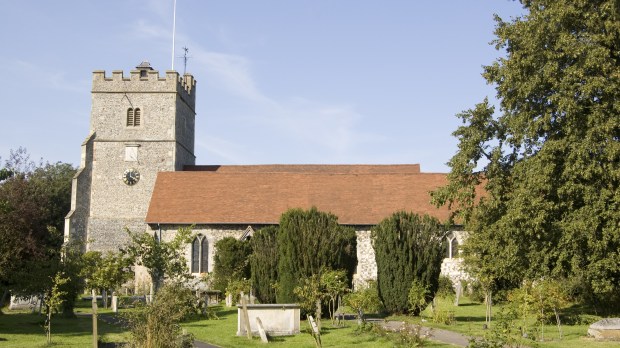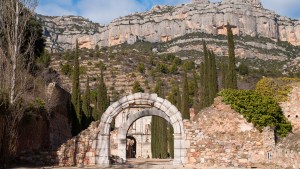The remains of a recently discovered 8th-century monastery in Cookham, Berkshire (in Southern England), reveal the site could have been as important as London and Southampton as a trade and production center. The excavation, led by the University of Reading, has established that the Anglo-Saxon medieval monastery in Cookham, Berkshire, “ranks alongside the most extensively preserved early monastic sites ever investigated in Britain,” as read in the note published by Medievalists.net.
The well-preserved infrastructure includes a waterside loading area, workshops for industrial activities, and bread ovens. The findings suggest that the medieval monastery used the neighboring river as a trade route, importing and exporting diverse goods and materials to sustain the monks and the neighboring villagers alike.
According to Medievalists.net, Dr. Gabor Thomas, the lead archaeologist of the excavation, described this finding as “a once-in-a-generation archaeological discovery.” “We have not just rediscovered the location of this monastery but shown that it’s in a remarkable state of preservation. We have uncovered a densely occupied riverside trading and production zone, complete with streets and loading areas. This level of infrastructure and planning is surprising and compares with larger trading and production sites known as ‘wics’ that were the only towns of the period.”
The excavation site stands right next to the churchyard of the Holy Trinity Church in the village of Cookham. Seemingly abandoned towards the end of the 9th century, the monastery reached its peak during the reign of Anglo-Saxon queen Cynethryth of Mercia.



